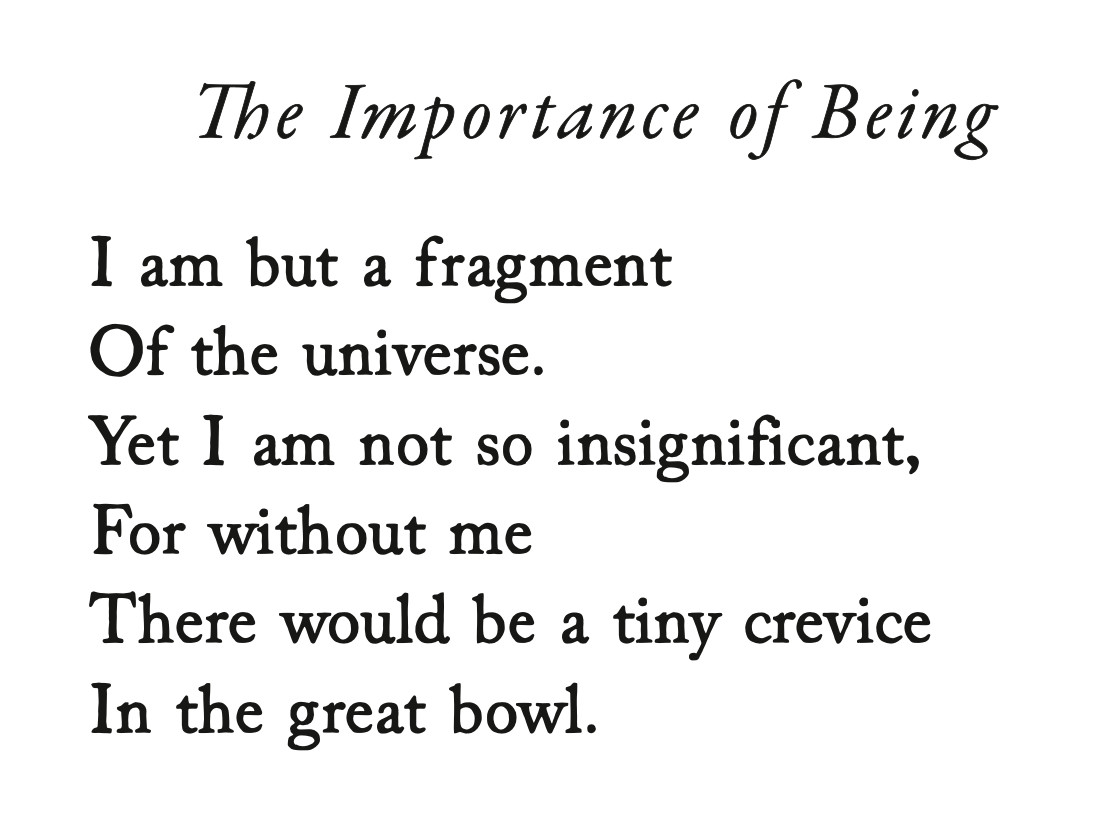Dylan Tweney
@dylan20
Dylan Tweney
@dylan20
Causality might sound like basic common sense, but Saunders says two things tend to separate writers who publish from those who don’t: 1) A willingness to revise 2) The ability to create causality. Causation is to stories, he writes, as melody is to songs.
Causality: one meaningful thing leads to another
Narrative is a stratagem of mortality. It is a means, a way of living. It does not seek immortality; it does not seek to triumph over or escape from time (as lyric poetry does). It asserts, affirms, participates in directional time, time experienced, time as meaningful. If the human mind had a temporal spectrum, the nirvana of the physicist or the
... See moreA larger reason is that writing — of fiction, “creative non-fiction,” and memoir — has become something like a collaborative process in this century, as have other activities once done singly and by the seat of one’s personal pants (raising children, dressing for work, liking and disliking things).
I might, at one time, become a twenty-year-old lesbian. Another time I’ll be a thirty-year-old unemployed househusband. I put my feet into the shoes I’m given then, make my foot size fit those shoes, and then start to act. That’s all it is. I don’t make the shoes fit my foot size but, rather, make my feet fit the shoes.
If you write “Profits are loved by investors,” for example, instead of “Investors love profits,” you’re switching the standard positions of the verb and the direct object. That can cut comprehension accuracy by 10% and take a tenth of a second longer to read.
If you can’t swim in it, canoe across it. Find a way to connect to it. When the lake is too ruined to swim or to eat from it, then that’s where the healing ceremonies come in, because you can still do ceremonies with it.

Things to come back to when I’m feeling meh
Helen Mullins, American poet

Things to come back to when I’m feeling meh
Who is the source for this? Brianna Wiest?
CENTER OF THE UNIVERSE
by Hannah Emerson
Please try to go
to hell frequently
because you will
find the light there
yes yes — please
try to kiss the ideas
that you find there
yes yes — please
try to get that
it is the center
of the universe
yes yes — please
try to help yourself
by kissing the hot hot
hot life that is born
there yes yes — please
try to yell in hell
yes
... See more